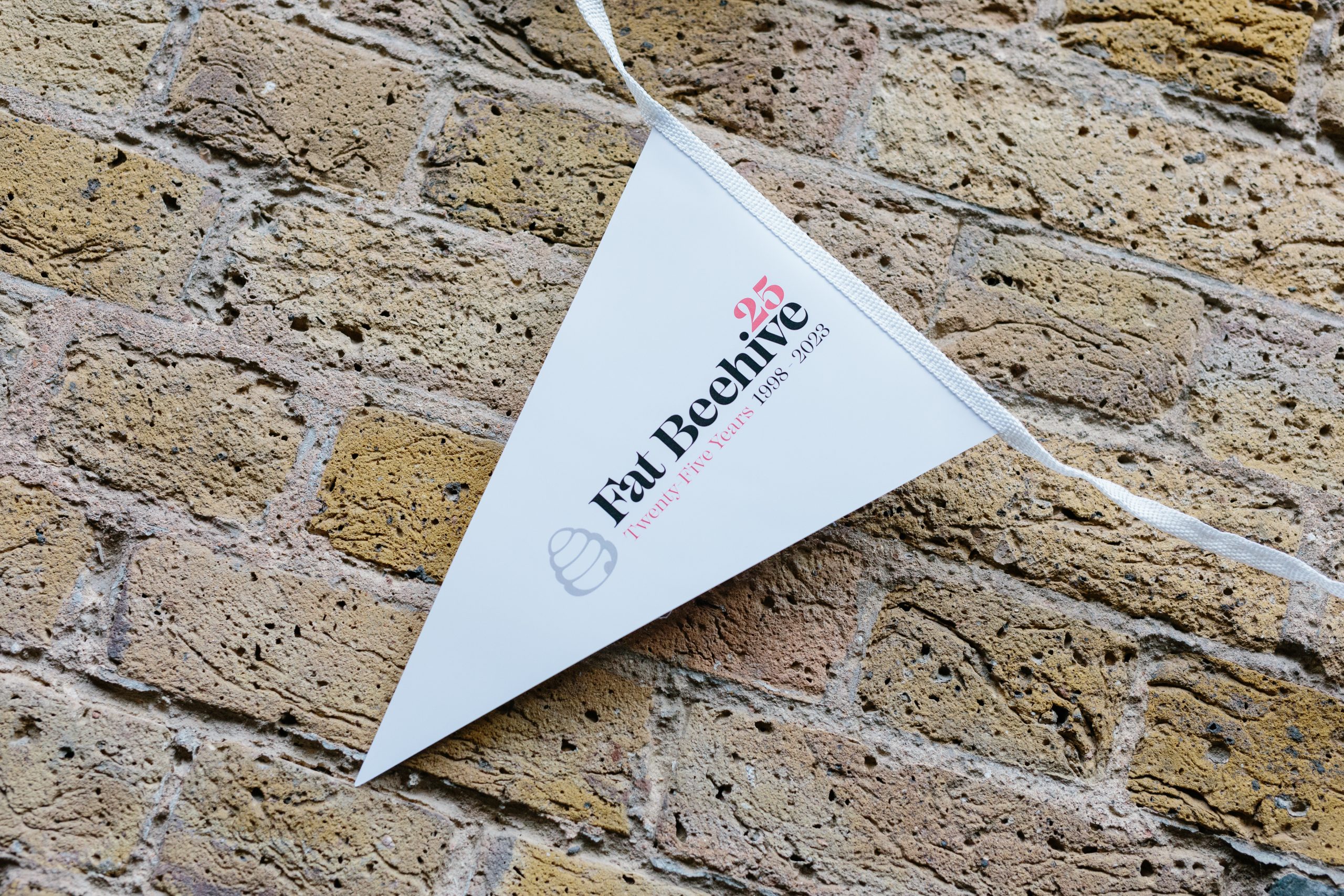Taking action
One of the UK’s earliest and most influential organisations was the Terrence Higgins Trust (THT), founded in 1982 in memory of Terry Higgins, one of the first known people to die of an Aids-related illness in the UK. To this day, THT remains central to providing education, support, and policy advocacy around HIV and sexual health. Their campaigns have destigmatised HIV testing and advanced access to treatments like antiretroviral therapy (ART), which has transformed HIV from a fatal diagnosis into a manageable condition.
In the late 1980s and early 1990s, organisations such as Stonewall, where I worked for many years, and OutRage! emerged to address the crossover between LGBTQ+ rights and the HIV/Aids crisis. Both groups spotlighted the disproportionate impact of HIV on gay and bisexual men, alongside other marginalised communities. (HIV significantly and almost exclusively impacted the gay and black communities, which explains why effective treatment took many years, unlike the response to COVID-19).
Transformative treatments
In 2011 I founded the charity UK Foundation for Aids Research, which engaged people living with HIV in research needed, especially as people aged with HIV (a relatively new concept then). But with advances in treatment, the need for this charity became redundant, as today, their HIV status (for people living in Western countries, anyway) rarely troubles them – it’s other people’s ignorance that causes most of the issues.
This is why World Aids Day is still so important and continues to resonate as a day of remembrance and a call to action. The red ribbon, now a universal symbol of HIV awareness, underscores a shared commitment to ending stigma and achieving universal access to prevention, treatment, and support.
Helping HIV charities
Here at Fat Beehive we’ve actively sought to work with HIV and Aids charities, and have some exciting projects with HIVStory and the National Aids Trust about to go live, which we will tell you about in due course.
But this Sunday we reflect on the tireless and invaluable work all these organisations do, and honour the progress achieved as we work together to reduce HIV infections to zero by 2030.
Contact us today and find out how we can help with your projects.


